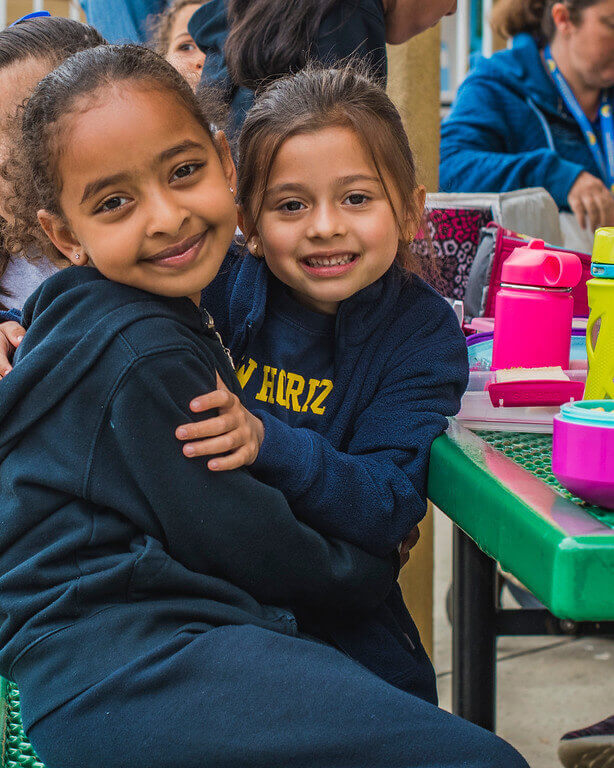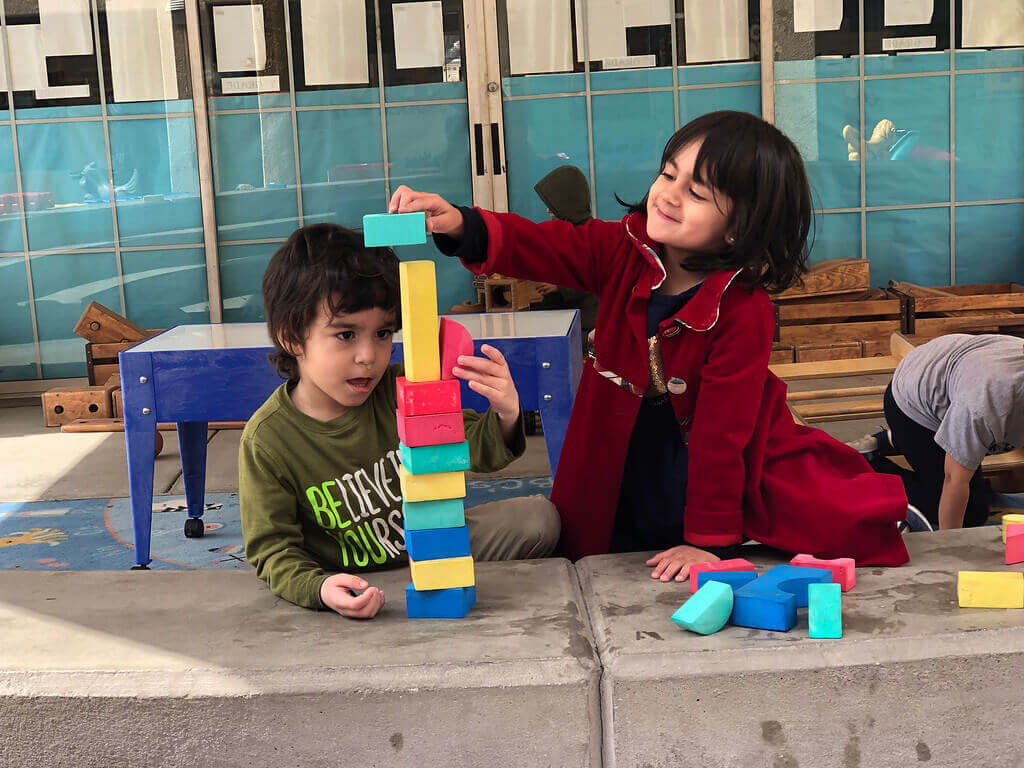NHSP Educational Guidelines & Pedagogy
Robert Marzano: Effective Research-Based Teaching Practices
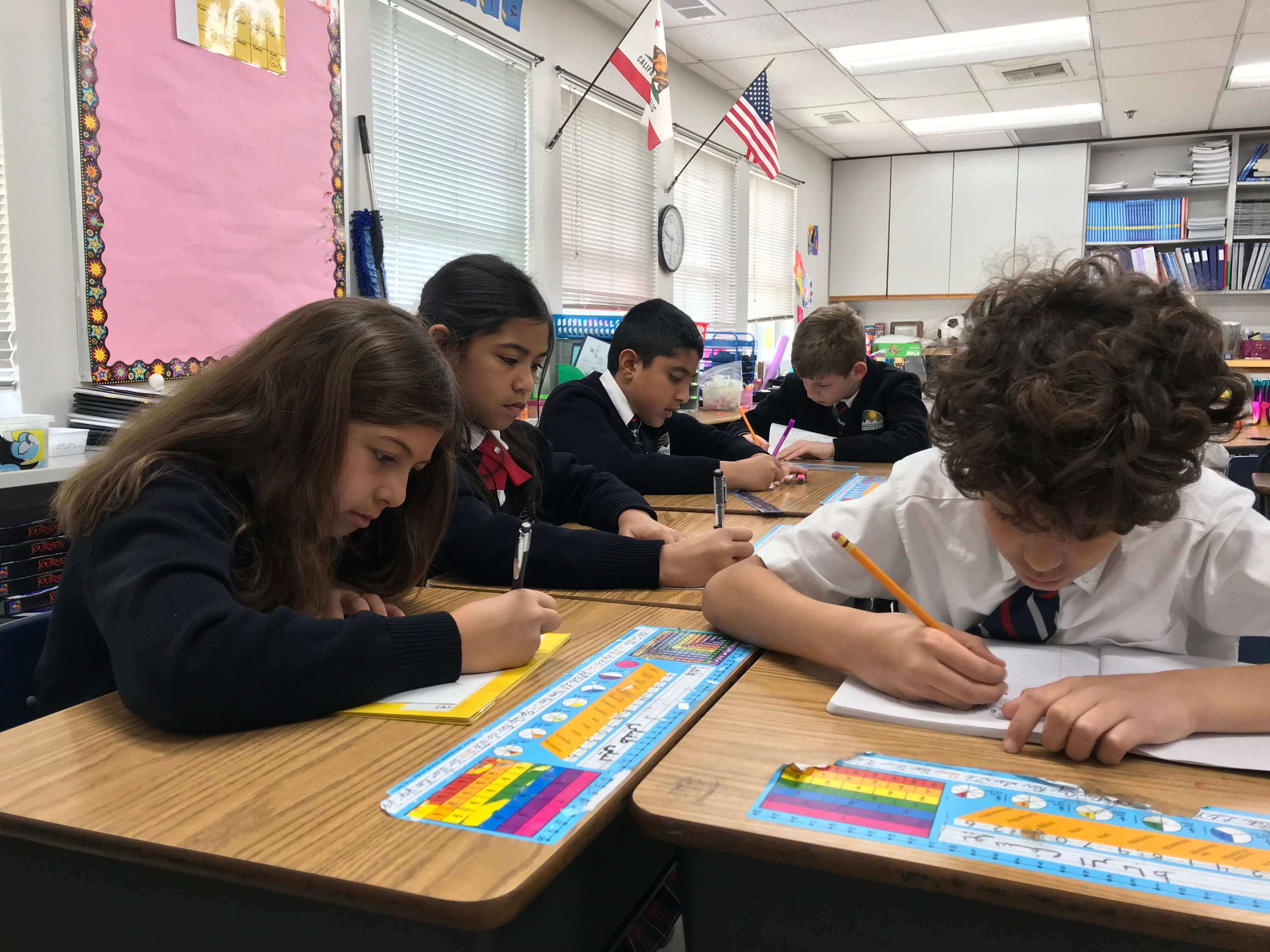 NHS faculty utilizes research-based strategies in their classrooms to maximize the potential for more effective learning outcomes for students. The school uses the research and findings of Robert Marzano as a guideline for enhancing their teaching.
NHS faculty utilizes research-based strategies in their classrooms to maximize the potential for more effective learning outcomes for students. The school uses the research and findings of Robert Marzano as a guideline for enhancing their teaching.
Howard Gardner – Differentiation: Addressing Multiple Intelligences
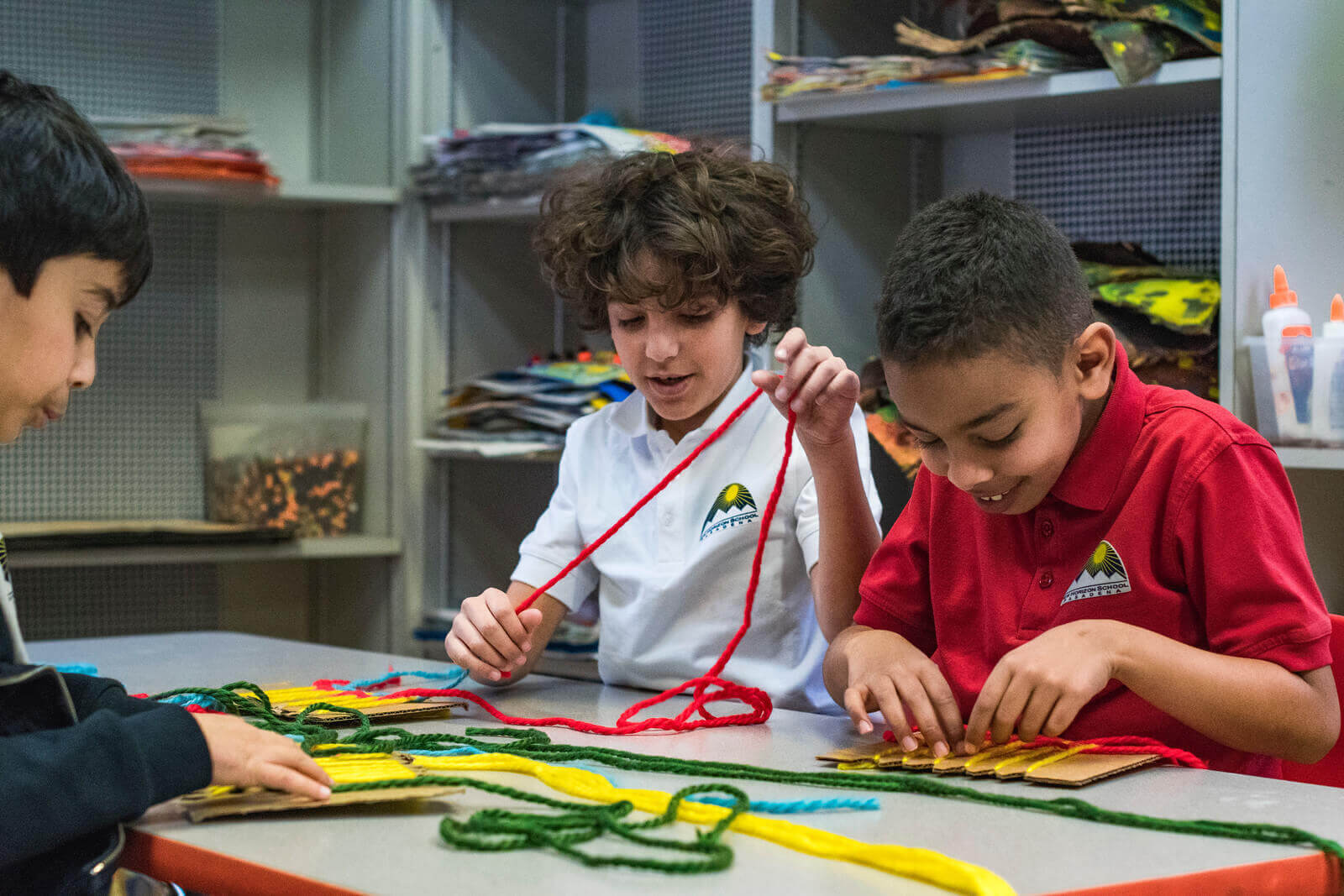 Addressing the different ways children learn, faculty at New Horizon are able to advance student learning outcomes through a variety of modalities. Howard Gardner’s research on multiple intelligences helps teachers better understand our students and how they learn differently. His theory is based on the notion that humans have a range of intelligences and that strength in one intelligence does not predict strength (or weakness) in another intelligence Individuals have a number of relatively independent mental faculties (multiple intelligences) with some being stronger than others.
Addressing the different ways children learn, faculty at New Horizon are able to advance student learning outcomes through a variety of modalities. Howard Gardner’s research on multiple intelligences helps teachers better understand our students and how they learn differently. His theory is based on the notion that humans have a range of intelligences and that strength in one intelligence does not predict strength (or weakness) in another intelligence Individuals have a number of relatively independent mental faculties (multiple intelligences) with some being stronger than others.
Responsive Classroom
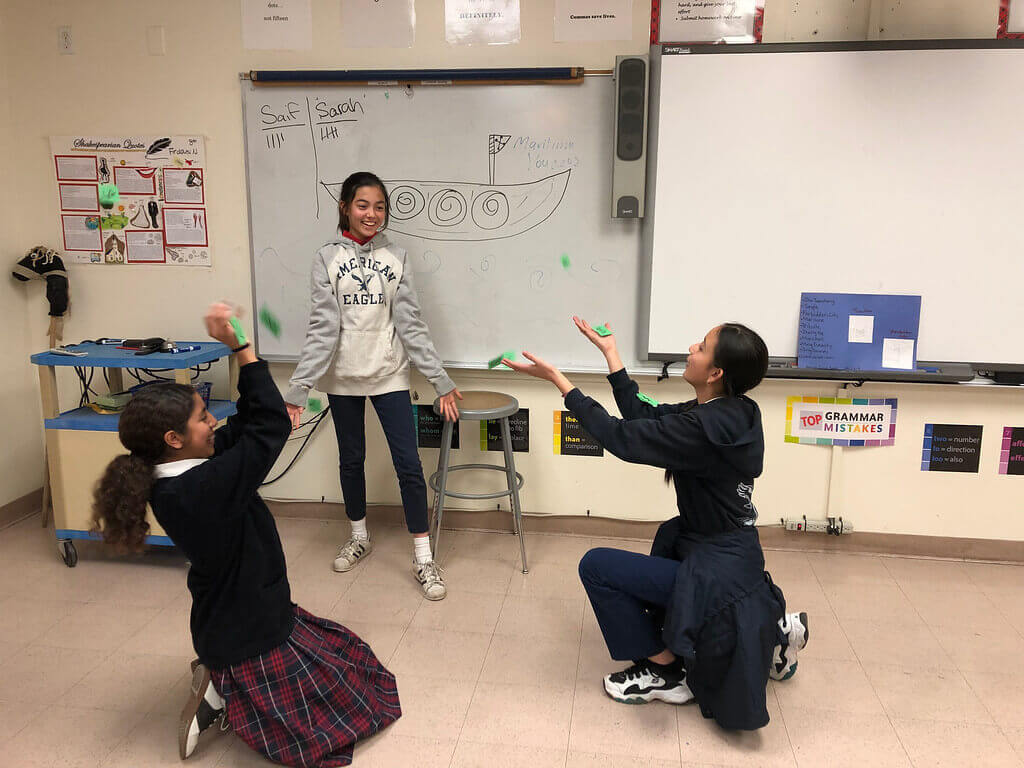 NHS uses the Responsive Classroom® approach to teaching and learning in all grade levels. This is a holistic approach that integrates academics and social-emotional skills for greater learning outcomes. The goal is to merge Responsive Classroom guiding principles (of having a balanced social-emotional and academic curriculum; recognizing that how students learn is as important as what they learn; cognitive growth occurs through social interaction; students need to learn the skills of cooperation, assertiveness, responsibility, empathy, and self-control; we need to know our students individually, culturally, and developmentally; it is important to know the families of our students; and have a positive adult community that works together) with teaching practices (that include teacher language, interactive modeling, logical consequences, and interactive learning structures).
NHS uses the Responsive Classroom® approach to teaching and learning in all grade levels. This is a holistic approach that integrates academics and social-emotional skills for greater learning outcomes. The goal is to merge Responsive Classroom guiding principles (of having a balanced social-emotional and academic curriculum; recognizing that how students learn is as important as what they learn; cognitive growth occurs through social interaction; students need to learn the skills of cooperation, assertiveness, responsibility, empathy, and self-control; we need to know our students individually, culturally, and developmentally; it is important to know the families of our students; and have a positive adult community that works together) with teaching practices (that include teacher language, interactive modeling, logical consequences, and interactive learning structures).
Common Core Standards
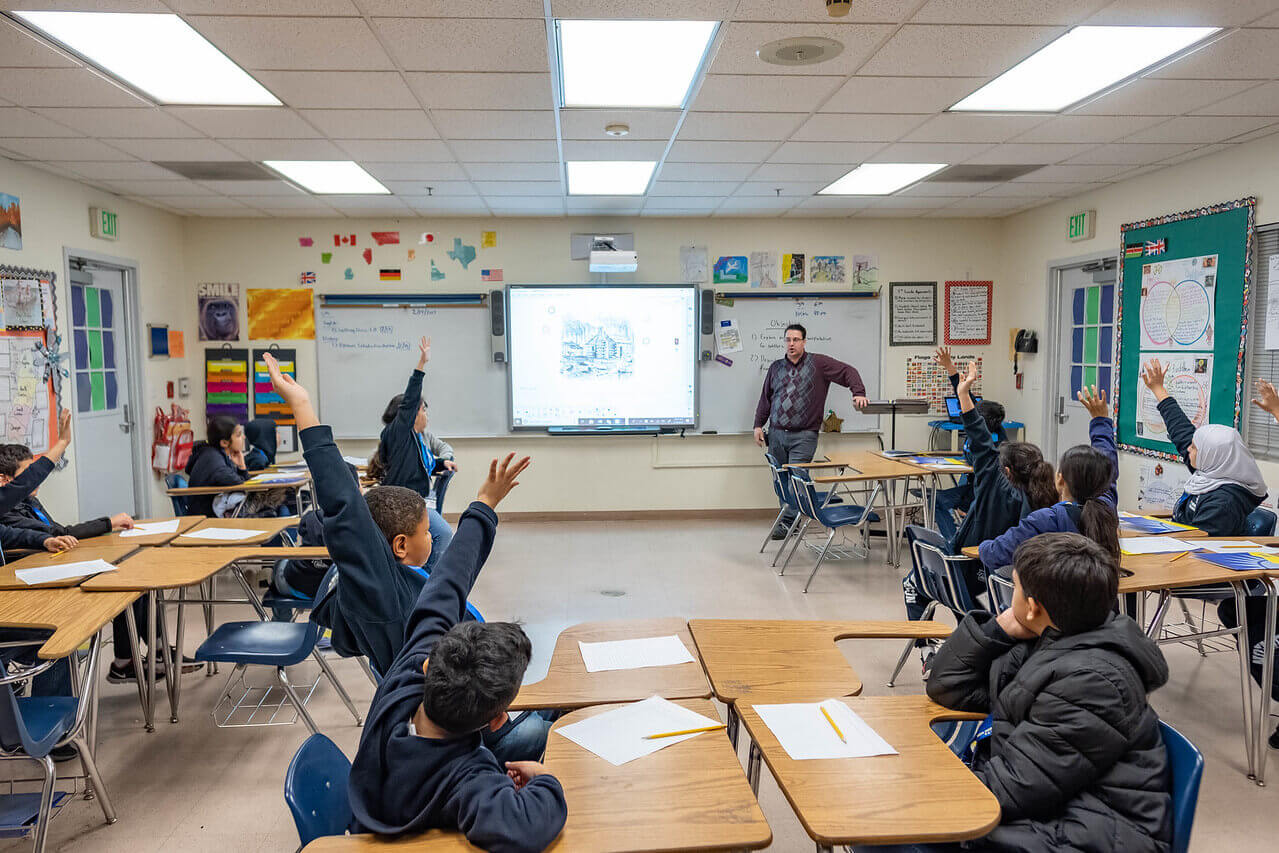 Building on the best of existing state standards, the Common Core State Standards for Reading and Math provide clear and consistent learning goals to help prepare students for college, career, and life. The standards clearly demonstrate what students are expected to learn at each grade level, so that every teacher and parent can understand and support their learning. Our Reading, Language Arts, and Math curricula are Common Core aligned.
Building on the best of existing state standards, the Common Core State Standards for Reading and Math provide clear and consistent learning goals to help prepare students for college, career, and life. The standards clearly demonstrate what students are expected to learn at each grade level, so that every teacher and parent can understand and support their learning. Our Reading, Language Arts, and Math curricula are Common Core aligned.
Science Standards
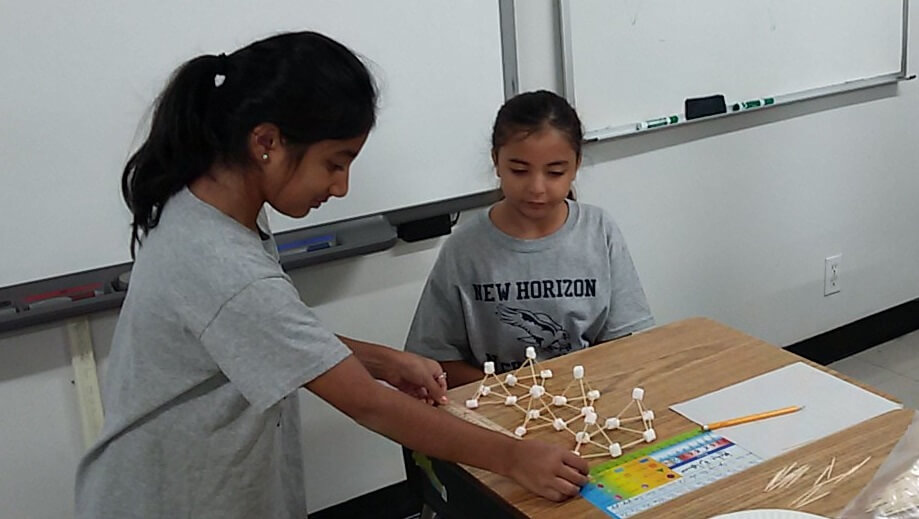 The school uses the Next Generation Science Standards (NGSS) in grades K-5. These standards focus on critical thinking, experiential learning, engineering concepts, and design thinking. Grades 6-8 use the intensive single-subject Glencoe iScience series, which also utilize components of NGSS, in preparation for rigorous high school requirements. Both curricula provide an in-depth, collaborative, and project-based learning experience for our students that encourage them to relate the science concepts to the world around them and motivate their science achievement.
The school uses the Next Generation Science Standards (NGSS) in grades K-5. These standards focus on critical thinking, experiential learning, engineering concepts, and design thinking. Grades 6-8 use the intensive single-subject Glencoe iScience series, which also utilize components of NGSS, in preparation for rigorous high school requirements. Both curricula provide an in-depth, collaborative, and project-based learning experience for our students that encourage them to relate the science concepts to the world around them and motivate their science achievement.
21st Century Skills
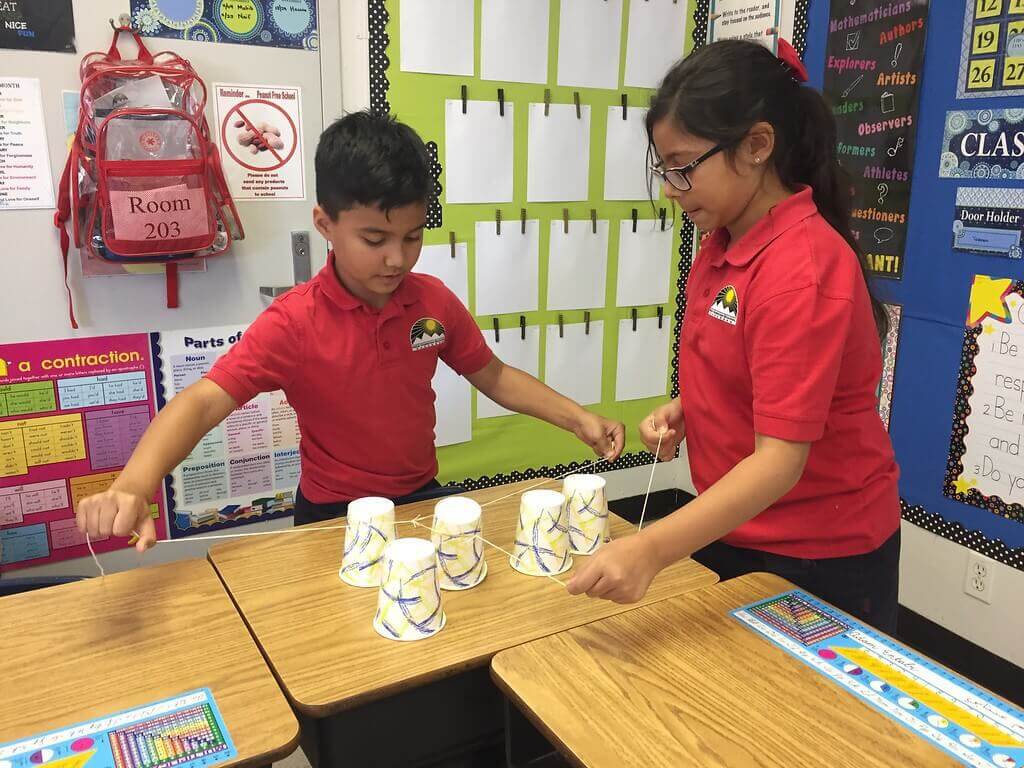 To better prepare our students for a complex, ever-changing, and technology-dependent world, the NHS educational program goes beyond the basics of teaching principles and facts in the core subjects and strives to challenge and inspire students in their learning. Its goal is to equip each student with the set of skills necessary for succeeding in the 21st Century. Students need to be able to think and work creatively in both digital and non-digital environments to develop unique and useful solutions. They need to be able to think critically and have the aptitude to evaluate, synthesize, and apply a variety of ideas and information independently. They need to have the ability to collaborate seamlessly in both physical and virtual spaces with real and virtual partners, locally and globally. And they must be able to communicate effectively, not just with written text or speech but also in multiple multimedia, digital formats. The school’s a rich academic program with a focus on STEM education fosters the development and growth of these critical skills of creativity, critical thinking, collaboration, and communication.
To better prepare our students for a complex, ever-changing, and technology-dependent world, the NHS educational program goes beyond the basics of teaching principles and facts in the core subjects and strives to challenge and inspire students in their learning. Its goal is to equip each student with the set of skills necessary for succeeding in the 21st Century. Students need to be able to think and work creatively in both digital and non-digital environments to develop unique and useful solutions. They need to be able to think critically and have the aptitude to evaluate, synthesize, and apply a variety of ideas and information independently. They need to have the ability to collaborate seamlessly in both physical and virtual spaces with real and virtual partners, locally and globally. And they must be able to communicate effectively, not just with written text or speech but also in multiple multimedia, digital formats. The school’s a rich academic program with a focus on STEM education fosters the development and growth of these critical skills of creativity, critical thinking, collaboration, and communication.


